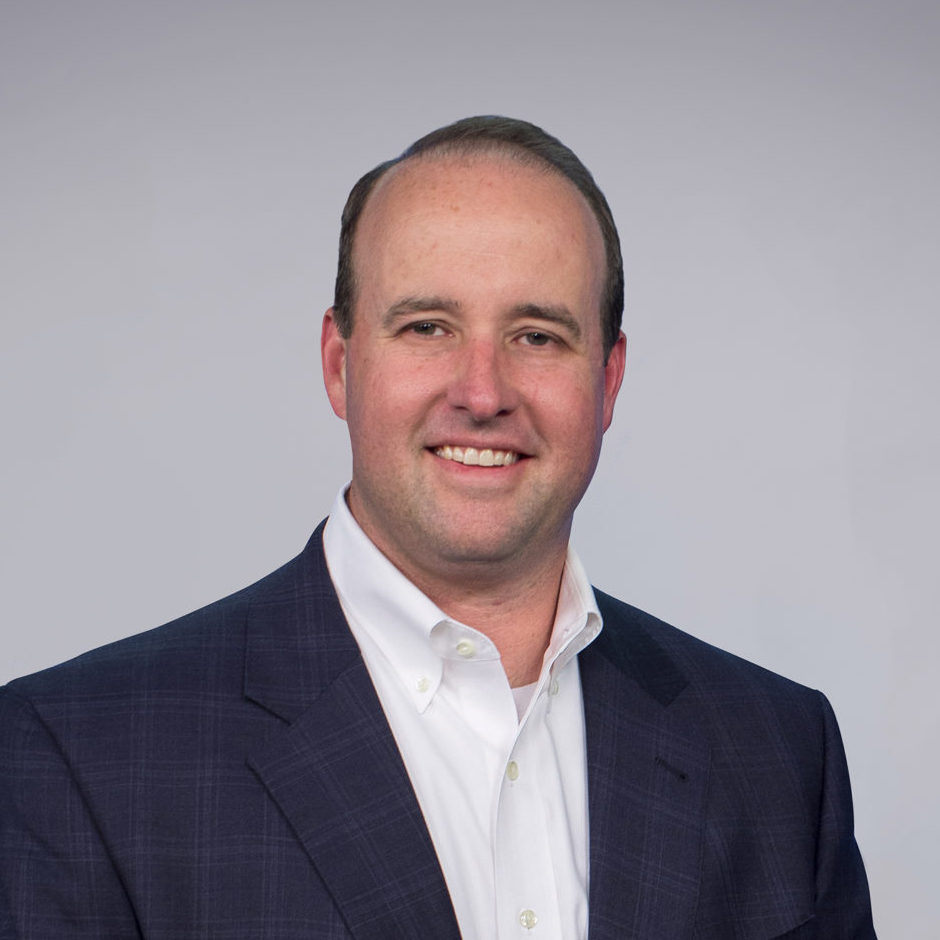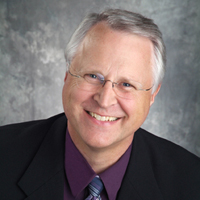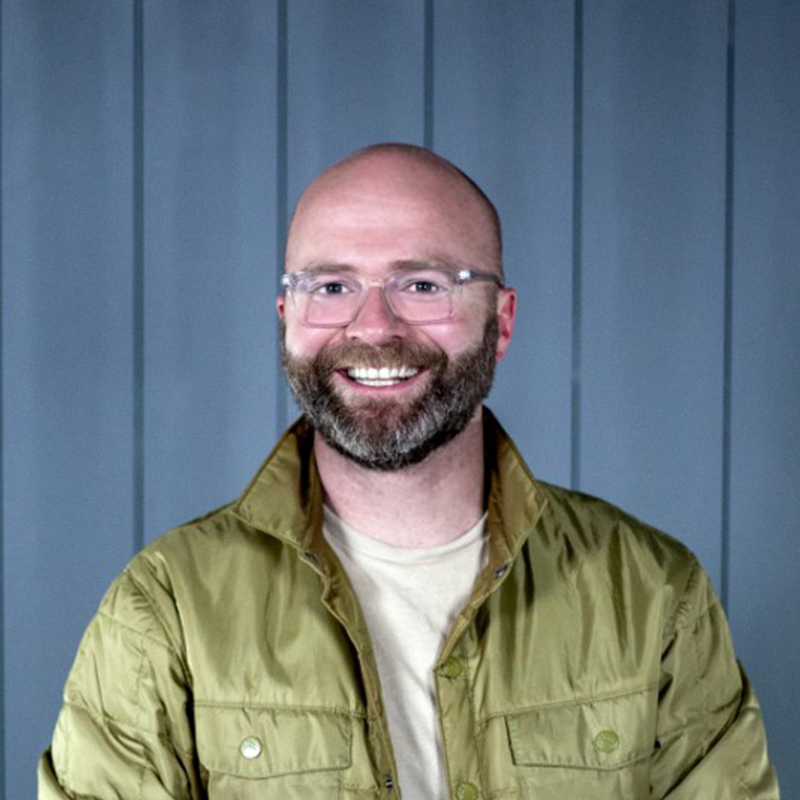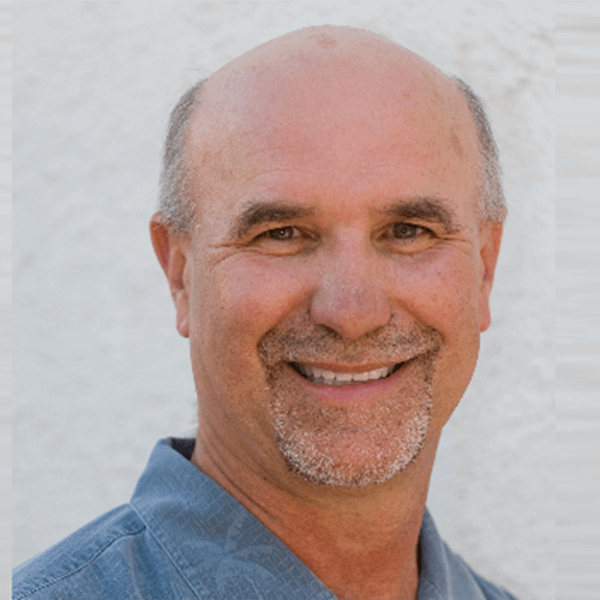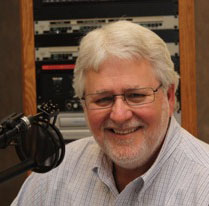Someone deeply hurt you. You are angry, hurt and want to hurt back. What are you going to do with all that negative emotion?
Forgive? No, because you don’t feel like it. You don’t want to.
Didn’t you hear me? I was deeply hurt and offended by the injustice done to me.
Our culture will tell you to seek revenge. In fact, think of the number of movies that have revenge in the title…let’s just say, there are a lot of them. But is revenge the choice that will heal you? Is it the way a person of faith should behave? Do you cancel the person and move on? If you follow the words of Christ, the answer to all the above is a resounding, NO.
Still, forgiveness is a choice.
It is a moral virtue that must be cultivated like other virtues. But when it is given, it allows you to heal. It involves goodness in the form of mercy that we extend to others-who don’t deserve it.
But I don’t want to extend mercy to someone who hurt me!
I get it, but forgiveness doesn’t mean that what happened to you was OK. In fact, it is a response to the injustice you faced. It is based on the real hurt and anger you feel.
Also, forgiveness is not the same as reconciliation. Reconciliation takes two people who have mutual trust with each other and desire to build a relationship and work together. Forgiveness is an individual act and is not dependent on reconciliation. In fact, reconciliation might not happen even when you choose to forgive.
So, whether you feel like it or not, forgiveness is the goal. Studies show that forgiveness decreases depression, anxiety, unhealthy anger, and even the symptoms of PTSD.
Now, consider this definition of forgiveness by Dr. Robert Enright, one of the leading national and international researchers on forgiveness,
Interpersonal forgiveness is a willingness to abandon one’s right to resentment, negative judgment, and indifferent behavior toward one who unjustly injured us, while fostering the undeserved qualities of compassion, generosity and even love toward him or her.
His definition says you have a right to be resentful, judge that person and be indifferent. But you choose a different path, a healing path.
Enright and his colleague, Fitzgibbon, outline four stages of the forgiveness process to help us heal:
- The uncovering stage in which you realize how you have been affected by the offense. You think about what happened and gather information. During this first stage, you realize what happened and how it affected you. Basically, who did what to whom. It helps to ask questions like, how is unforgiveness affecting my health? How much space is unforgiveness occupying in my life? Am I avoiding a necessary part of my healing?
- Next is the decision phase. Here is where you choose to forgive, recognizing that not doing so will cost you more pain. What has been stopping you from letting go? What has blocked you from choosing to forgive? Whatever that is, time to let go and do the work.
- The third phase is the working phase. We do the work of forgiveness, dealing with our emotional reactions, trying to apply empathy and compassion towards others and moving through difficult feelings. This part cannot be rushed or demanded. It is the hardest part of the work because the process takes time. However, overcoming negative feelings changes you in terms of motivation, your thoughts and eventually your behavior. Empathy begins to grow.
- Finally, there is a deepening phase in which we feel release, give meaning to the importance of forgiveness and confront suffering. When forgiveness is worked through on a deep level, it promotes health and combats stress, hostility and rumination.
Forgiveness is a gift you give to yourself. It doesn’t require reconciliation or an apology. It moves you out of resentment and bitterness to a place where the person who harmed you no longer has power over you. The offense was real, but you choose not to let it steal your joy. You can’t change what happened, but you can change how you respond to life. The key is to choose forgiveness and work through it.


